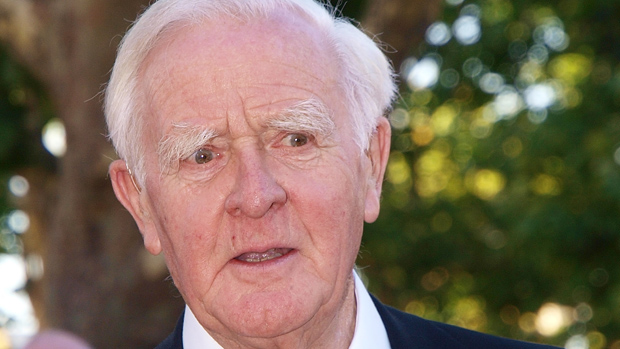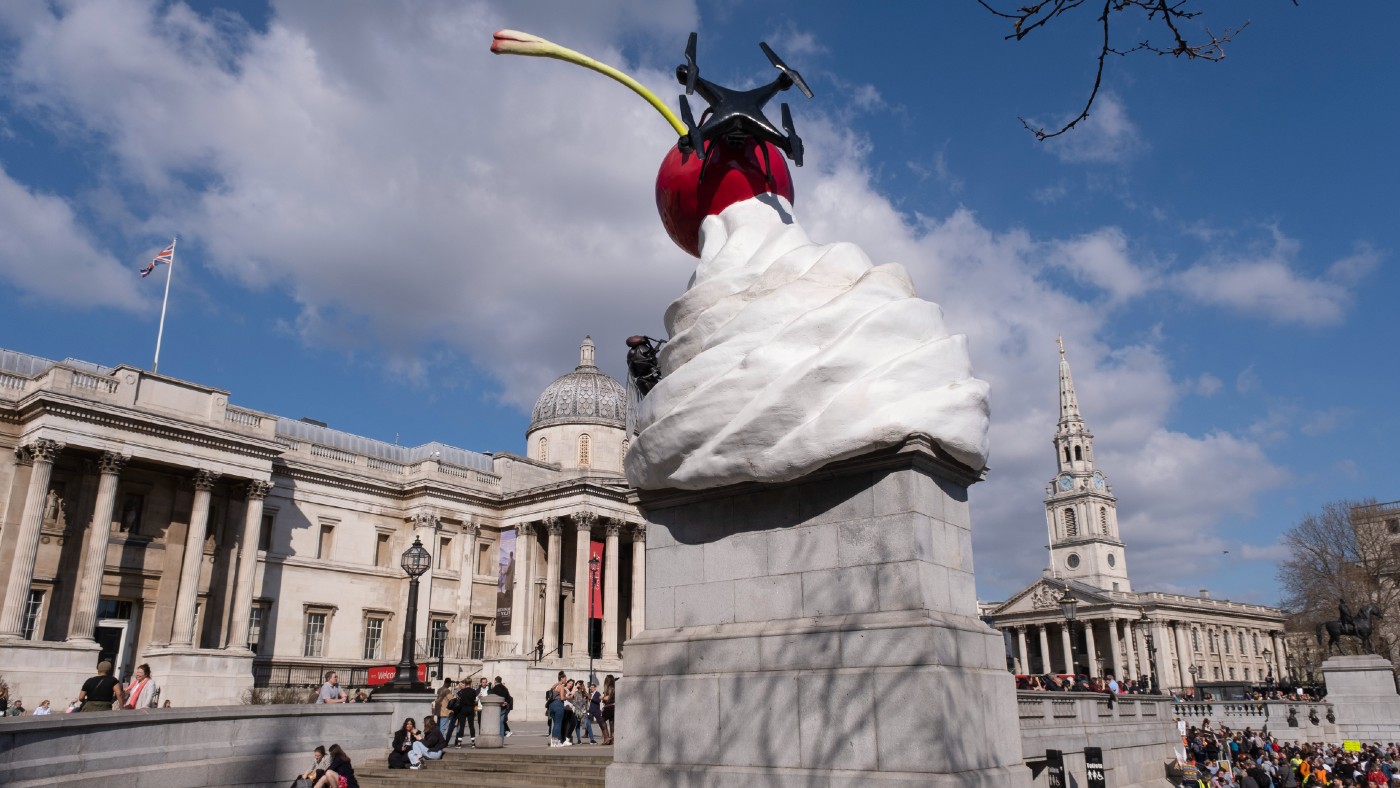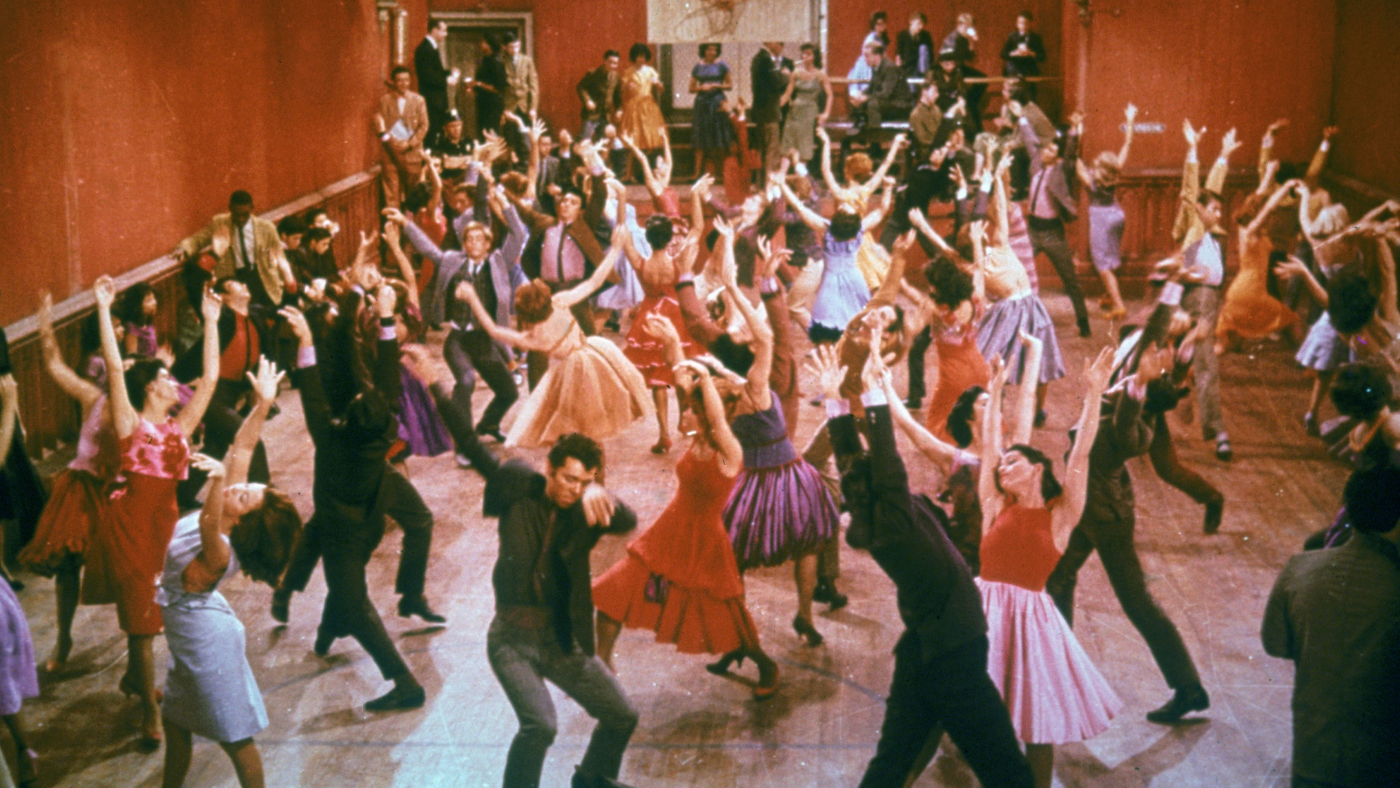John Le Carre's Smiley returns in A Legacy of Spies
Spymaster's latest novel is a 'feast' for fans

A free daily email with the biggest news stories of the day – and the best features from TheWeek.com
You are now subscribed
Your newsletter sign-up was successful
New John Le Carre novel A Legacy of Spies brings back his most famous protagonist George Smiley - and the critics are thrilled.
Published in the UK today, the book is the 24th novel from Le Carre, now 85. Despite fears that the author's "mnemonic power" might be diminished, says Dwight Garner in The New York Times, the good news is that A Legacy of Spies "delivers a writer in full".
Le Carre's prose "remains brisk and lapidary" and his "wit is intact", Garner says; and while the spymaster maintains his interest in the values and conflicts of loyalty, "he wears his gravitas lightly". There's even some showmanship as the author brings out "his greatest creation, the Yoda-like spymaster George Smiley, for a cameo".
The Week
Escape your echo chamber. Get the facts behind the news, plus analysis from multiple perspectives.

Sign up for The Week's Free Newsletters
From our morning news briefing to a weekly Good News Newsletter, get the best of The Week delivered directly to your inbox.
From our morning news briefing to a weekly Good News Newsletter, get the best of The Week delivered directly to your inbox.
While A Legacy of Spies may be considered a Smiley novel - possibly his last - "the paterfamilias of the Circus is absent until its final chapters", notes Paula L. Woods in the Los Angeles Times.
The book is framed as the memoirs of Peter Guillam, one of Smiley’s most trusted lieutenants. Smiley has decamped for parts unknown, leaving Guillam to face the music at MI6 when trouble emerges.
One of book's great pleasures, says Wood, is "watching the battle of words and ideas between the old and new agents". She adds that fans of Le Carre’s earlier fiction "will feast at the historical banquet" it offers.
It's also an "immensely clever piece of novelistic engineering", writes John Banville in The Guardian. Not since The Spy has Le Carre "exercised his gift as a storyteller so powerfully and to such thrilling effect".
A free daily email with the biggest news stories of the day – and the best features from TheWeek.com
However, in The Daily Telegraph, Jake Kerridge wonders if Le Carre's latest novel is an attempt to shape his own legacy. Behind "the old spies’ attempts to justify their behaviour", the critic senses "an authorial apologia for the existence of the novel itself".
According to Kerridge, Le Carre seems to want to "revise and reconfigure his past glories for a modern audience, to tinker and tailor". This attempt to recalibrate the events of The Spy Who Came in from the Cold, argues Kerridge, is "not true to the spirit of that original book".
Smiley does indeed offer some bland comments on the meaning of his long battle into the Cold War twilight, says David Ignatius in The Atlantic, but the critic suspects "it’s all hooey".
Smiley doesn’t really know why he did what he did, argues Ignatius, and "he wouldn’t tell us in any case". Less is more with Smiley, as with any great enigmatic character, says Ignatius, who is "glad le Carre has left the spaces between the words for us all to fill in".
-
 The Week Unwrapped: Do the Freemasons have too much sway in the police force?
The Week Unwrapped: Do the Freemasons have too much sway in the police force?Podcast Plus, what does the growing popularity of prediction markets mean for the future? And why are UK film and TV workers struggling?
-
 Properties of the week: pretty thatched cottages
Properties of the week: pretty thatched cottagesThe Week Recommends Featuring homes in West Sussex, Dorset and Suffolk
-
 The week’s best photos
The week’s best photosIn Pictures An explosive meal, a carnival of joy, and more
-
 Sport on TV guide: Christmas 2022 and New Year listings
Sport on TV guide: Christmas 2022 and New Year listingsSpeed Read Enjoy a feast of sporting action with football, darts, rugby union, racing, NFL and NBA
-
 House of the Dragon: what to expect from the Game of Thrones prequel
House of the Dragon: what to expect from the Game of Thrones prequelSpeed Read Ten-part series, set 200 years before GoT, will show the incestuous decline of Targaryen
-
 One in 20 young Americans identify as trans or non-binary
One in 20 young Americans identify as trans or non-binarySpeed Read New research suggests that 44% of US adults know someone who is transgender
-
 The Turner Prize 2022: a ‘vintage’ shortlist?
The Turner Prize 2022: a ‘vintage’ shortlist?Speed Read All four artists look towards ‘growth, revival and reinvention’ in their work
-
 What’s on TV this Christmas? The best holiday television
What’s on TV this Christmas? The best holiday televisionSpeed Read From films and documentaries to musicals for all the family
-
 Coco vision: up close to Chanel opticals
Coco vision: up close to Chanel opticalsSpeed Read Parisian luxury house adds opticals to digital offering
-
 Abba returns: how the Swedish supergroup and their ‘Abba-tars’ are taking a chance on a reunion
Abba returns: how the Swedish supergroup and their ‘Abba-tars’ are taking a chance on a reunionSpeed Read From next May, digital avatars of the foursome will be performing concerts in east London
-
 ‘Turning down her smut setting’: how Nigella Lawson is cleaning up her recipes
‘Turning down her smut setting’: how Nigella Lawson is cleaning up her recipesSpeed Read Last week, the TV cook announced she was axing the word ‘slut’ from her recipe for Slut Red Raspberries in Chardonnay Jelly